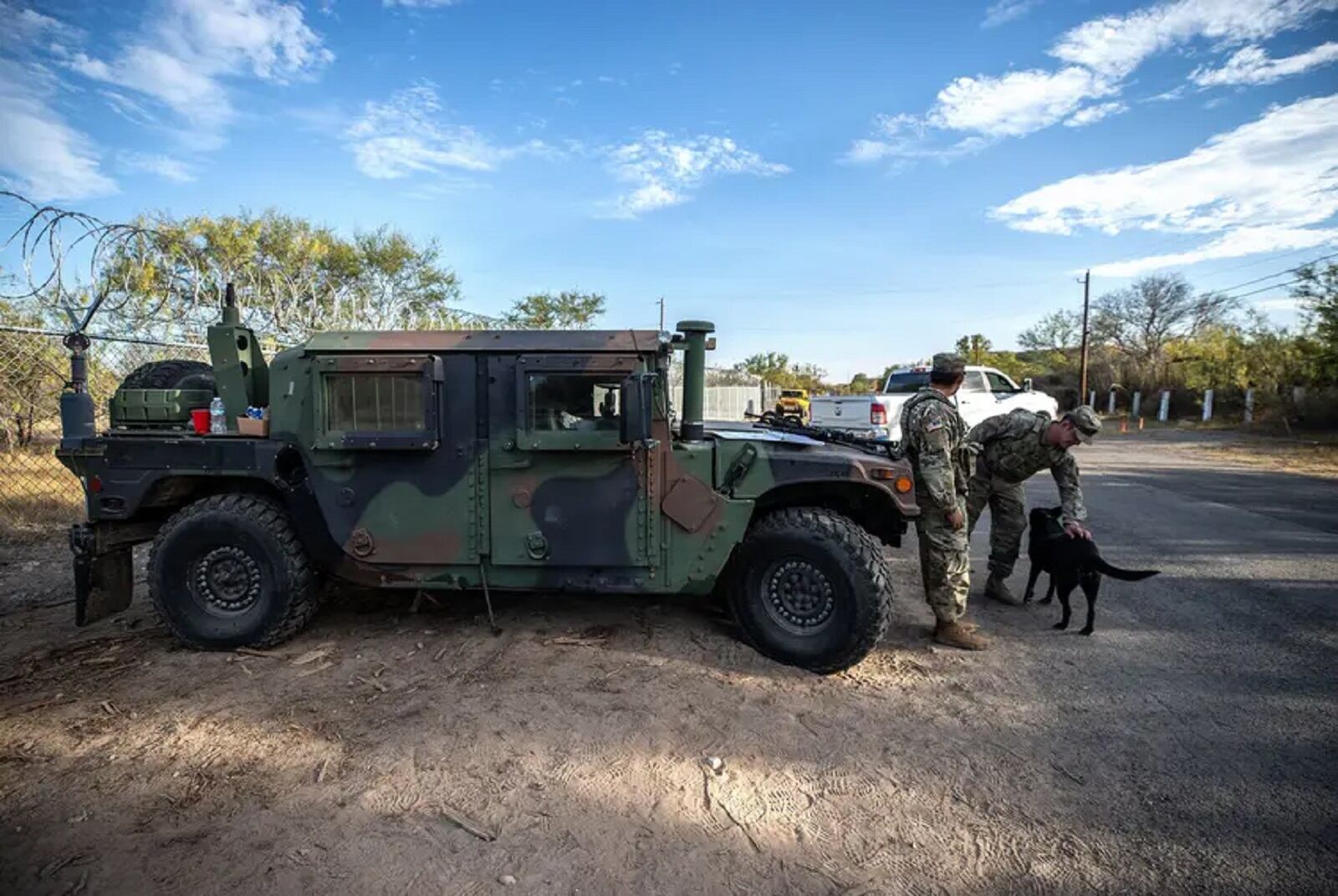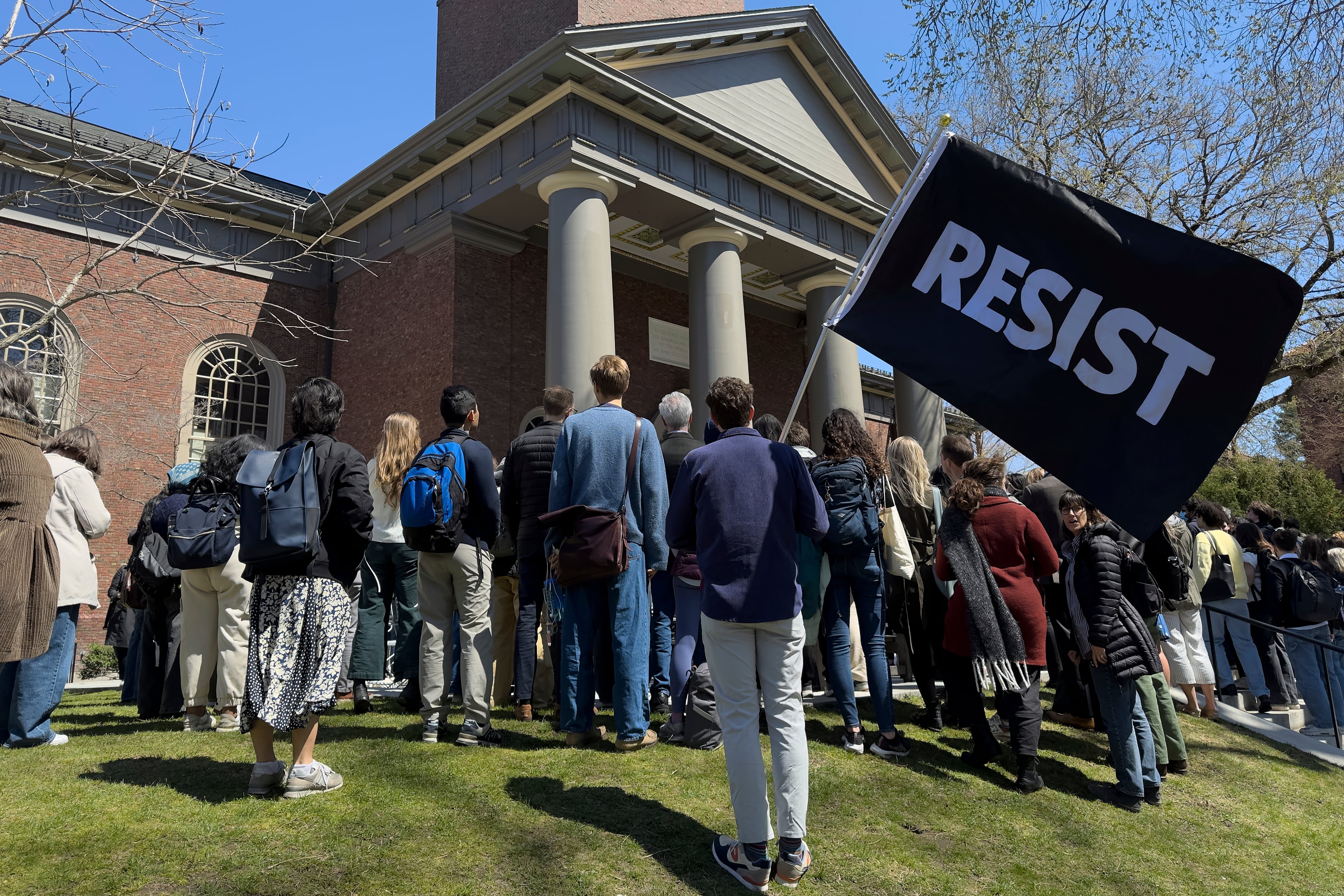This story was first published by The Texas Tribune, a nonprofit, nonpartisan media organization that informs Texans — and engages with them — about public policy, politics, government and statewide issues. It has been updated with additional information.
An effort to reimburse thousands of National Guard troops who racked up a combined $9.3 million in federal taxes because of a paycheck error while serving on Gov. Greg Abbott’s border security mission has fallen short of key legislative deadlines.
House Bill 3031 by Rep. Julie Johnson, D-Farmers Branch, would create a grant program to help about 7,400 troops assigned to Operation Lone Star who had higher tax bills than expected because the state made a tax withholding error on their paychecks.
Lawmakers had set aside $6 million in the budget to fund the grant program, if the bill received approval, to help the troops pay the unexpected taxes caused by the state’s error. The average impact on service members was $867.29, but there were nearly 300 instances with “special circumstances” that are not included in that average, according to Johnson.
HB 3031, however, was not voted upon before a Wednesday deadline for action by the Senate.
The bill was overwhelmingly approved by the House with only 17 days remaining in a regular session that ends Monday.
The Senate received the bill one day before its Veteran Affairs Committee had its last meeting and with the meeting’s agenda already set. The bill faced another obstacle when no senator agreed to sponsor it in the upper chamber.
Johnson said she and House Defense and Veterans Affairs Committee Chair Terry Wilson, R-Marble Falls, reached out to multiple senators to take up the bill but were unsuccessful.
“I was pleased to have a lot of support for that bill in the House, to recognize that the state made a mistake for the soldiers that we have on the border, and the state should make that right by the people we asked to go down there and take time away from their families,” Johnson said. “It’s very disappointing that the Senate did not share the same priorities as the House.”
Abbott’s office and the Texas Military Department, which oversees the National Guard deployment, did not respond to requests for comment.
Hunter Schuler, a soldier who led a unionizing effort among the Guard members, said it would be a shame to end the legislative session without action. He said his family filed for an extension on his federal taxes in hope that the state would help them cover the cost of its mistake.
“The best time to pay soldiers correctly is when their paychecks are issued. The second-best time to pay soldiers correctly is now,” Schuler said. “There’s not going to be a more appropriate time to pass this bill. This isn’t something that’s going to make sense to pass in the next legislative session.”
The tax issue, first reported by The Texas Tribune and the Military Times in October, stems from a problem with the state payroll system, which was not set up to properly process payments for National Guard troops on state duty. In September 2021, Abbott ramped up the scale of Operation Lone Star, at one point boasting that 10,000 troops were deployed on the mission. The tax withholding issues began the following month.
Texas Military Department officials have said the issue began when the state tried to switch from monthly payments to paying troops twice a month to mirror federal pay periods. But when that switch was made, officials withheld taxes from only one of those paychecks each month, leaving troops unaware that they would owe additional money come tax time.
The tax problem was one of multiple issues troops faced on the mission, including late or incomplete pay, poor living conditions and a rash of suicides tied to the assignment.
Officials said they learned of the tax withholding error in July 2022 and tried to address it rapidly through official publications, guidance from supervisors and town halls. They later offered tax classes to help troops work through the issue.
But Johnson’s proposal was the first tangible effort by the state to make troops whole after the state’s tax blunder. The bill barred applicants from receiving a grant larger than the difference between the amount they paid in federal taxes and the amount they actually owed in federal taxes.
She said she filed the bill because one of her constituents was among those affected.




